8 Things To Know About Collagen
Collagen Holds The Body Together
The word collagen comes from the Greek word ‘kolla’, meaning glue. “Collagen is the substance that holds us together,” says Kathryn. “It is a seriously strong form of ‘glue’ – when compared gram for gram, some forms of collagen are actually stronger than steel. It also makes up one third of the human body and 80% of our skin, and is one of the major building blocks of our bones, connective tissues, muscles, skin, tendons, hair, nails and the digestive system.”
There Are Different Forms
If you’ve started to shop around for collagen supplements, you may be aware of the many different forms it comes in. “Collagen can be sourced from bovine, marine, porcine or chicken, but marine is the most bioavailable, meaning it’s better absorbed by the body,” Kathryn explains. “Also keep an eye out for the term ‘hydrolised’ – this means the collagen has been broken down into smaller, readily available particles, which is vital for optimal absorption.”
It Can Keep Your Gut Healthy
Collagen is a key component in the intestinal wall, and glutamine (an amino acid present in collagen), can prevent inflammation of the gut wall. Your tummy, too, could also benefit from an higher intake of collagen. “Collagen contains abundant amounts of proline and glycine, which may help heal the stomach lining and prevent stress-induced ulcers,” says Kathryn. Digestion feeling sluggish? Collagen can also help with constipation as it attracts water and acidic molecules, helping food move more efficiently through the GI tract.
You Can Use It To Aid Muscle Recovery
“We think of collagen as important for our skin, but ingesting a collagen supplement will rebuild tissue throughout the entire body, making it a good choice for those who lead an active lifestyle,” Kathryn says. Supplementing with collagen has been shown to build muscle, repair tissue and fight joint inflammation, strengthening joints and ligaments as well as accelerating injury recovery time.
Consider Replacing Your Protein Powder
“Collagen is one of the most potent forms of protein available,” Kathryn says. “When you compare it to whey, which has around 80g of protein per 100g, collagen has around 90g of protein per 100g. Clinical trials have also shown that the best results for collagen supplementation are seen with just 10g of collagen, so aim for this and you’ll reap the benefits in no time.” Just remember, 10g of collagen is equivalent to 10,000mg of collagen – milligrams are the standard measure for most other supplements – so use this as your benchmark.
Levels Decrease With Age
“Once you reach your mid-20s, your body produces fewer hormones, and in turn less collagen – with studies suggesting collagen levels decrease by around 1% per year. The reduction in the quantity of collagen fibres in the skin causes weakening of the epidermis (the outer layer of the skin), which manifests as fine lines and wrinkles,” Kathryn explains. External factors can also accelerate the rate at which collagen production declines – namely excessive sun exposure, smoking, alcohol, stress and a poor diet.
Get Your Timings Right
While there are plenty of topical beauty products claiming to be collagen dream creams, the most effective approach to boosting your levels is to increase your internal intake. But it pays to time your intake for optimal results, Kathryn says. “Stomach acid aids the digestion of protein, so collagen is best taken on an empty stomach to ensure maximum absorption. If you eat your supper early, try taking your collagen just before bed – the body renews while you sleep, so give your body a dose of amino acid proteins to supercharge its natural repair process.”
Diet Can Help
While collagen food sources exist, it can be tricky to consume the parts of the animal where collagen is most concentrated (i.e. bones and cartilage). High-quality bone broth – made from chicken, beef or fish – alleviates this by drawing collagen from animal bones directly into a broth. If you haven’t got the patience to make your own, bone broth protein powders are available (try Cosmic Molecule’s Bone Broth Protein, £26.99) – add to hot water, soups or even when cooking rice or other grains. Kathryn also explains certain nutrients can promote collagen synthesis, so are worth incorporating into your diet: “Vitamin A, found in carrots and mangoes, and vitamin C, found in oranges, strawberries, peppers and broccoli, can help the body produce collagen. Proline, found in egg whites, soy and cabbage; and copper, found in shellfish, nuts and red meat, can also help.”
Shop our edit of the top collagen supplements and get ready to reap the benefits…
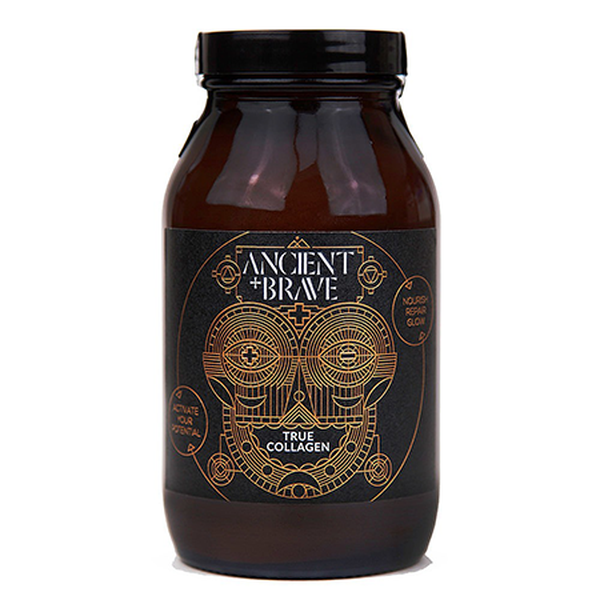
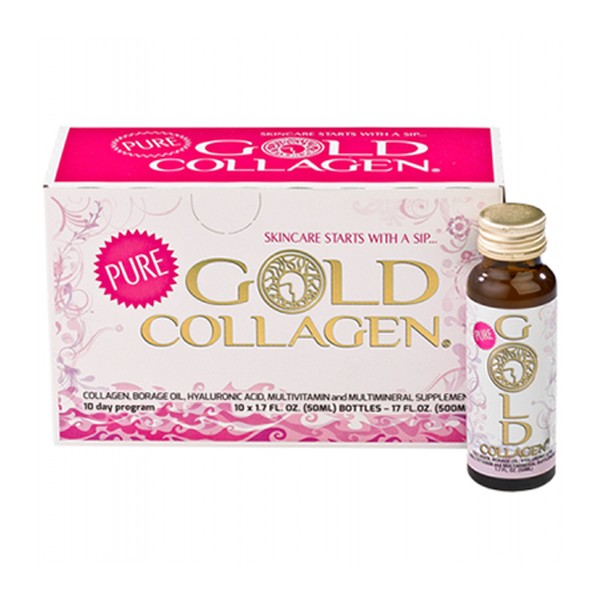
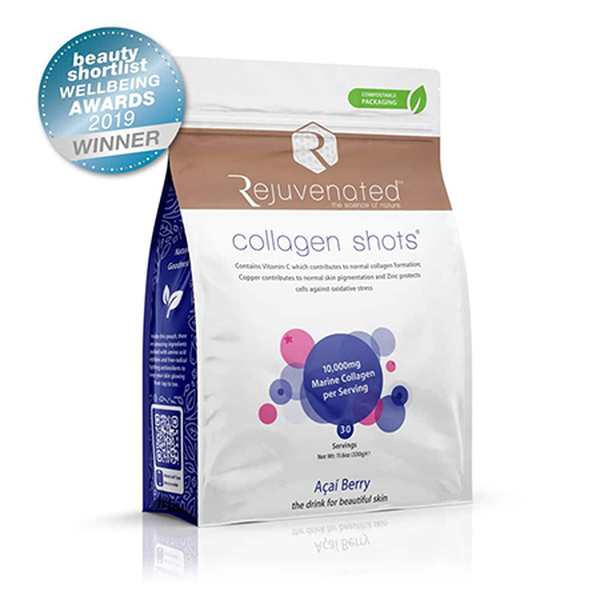
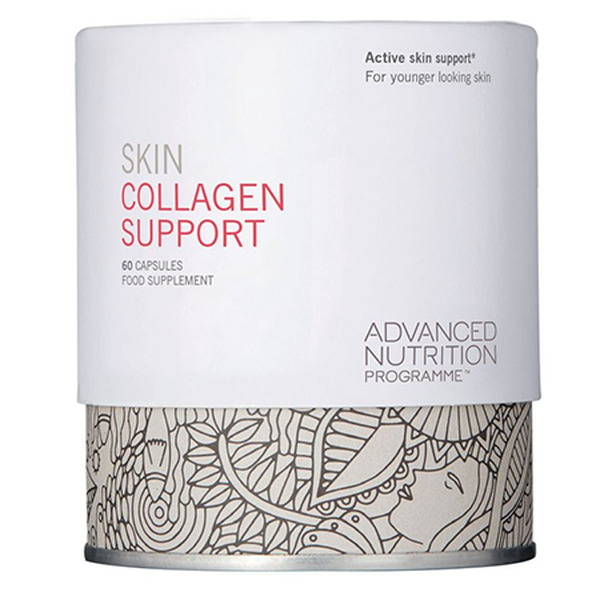
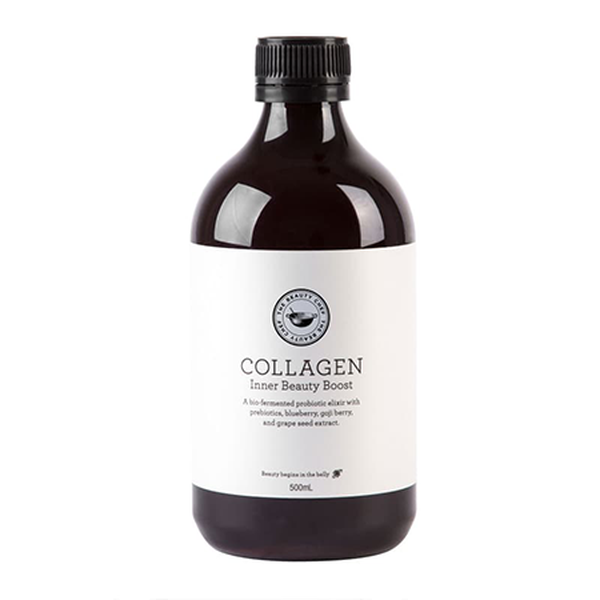
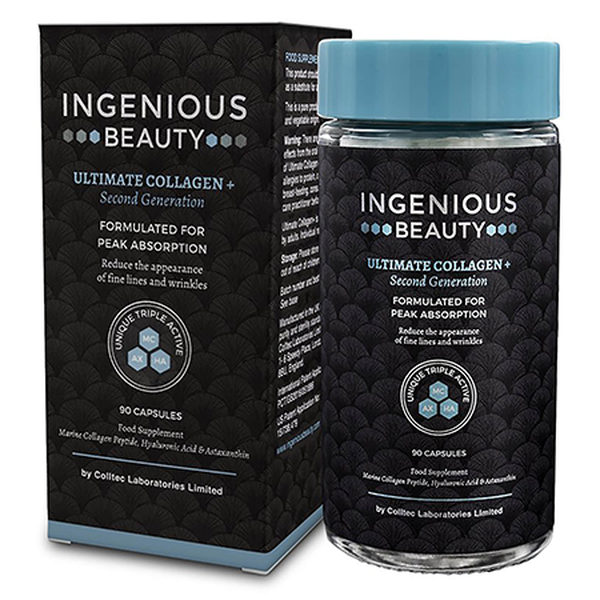
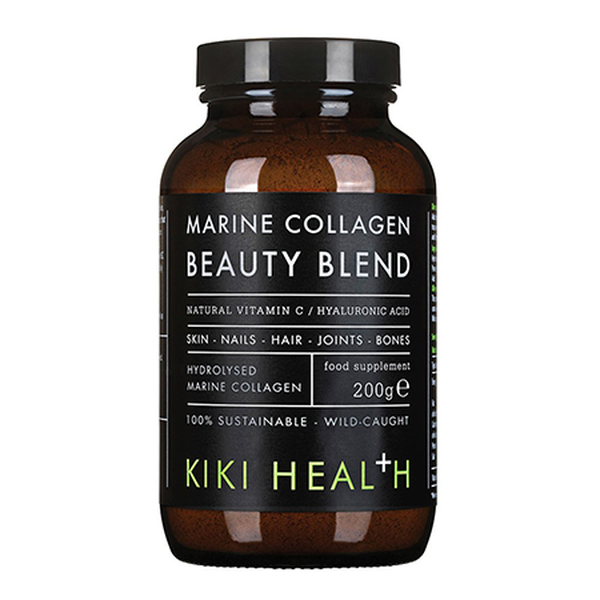
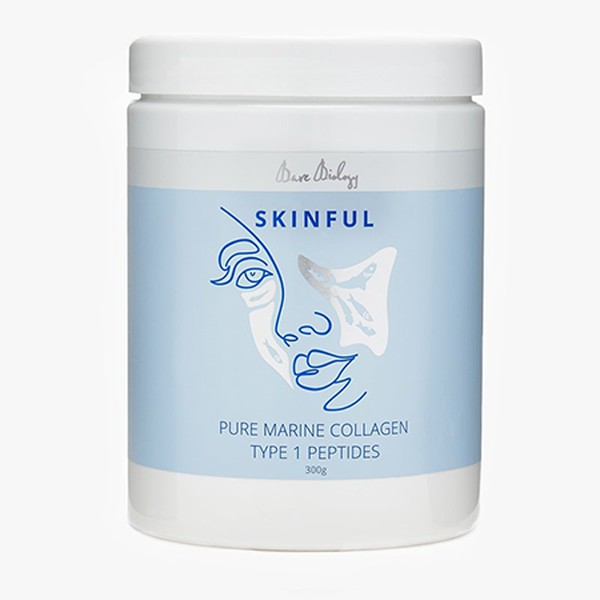
For more information visit Rejuvenated.com
DISCLAIMER: We endeavour to always credit the correct original source of every image we use. If you think a credit may be incorrect, please contact us at info@sheerluxe.com.


